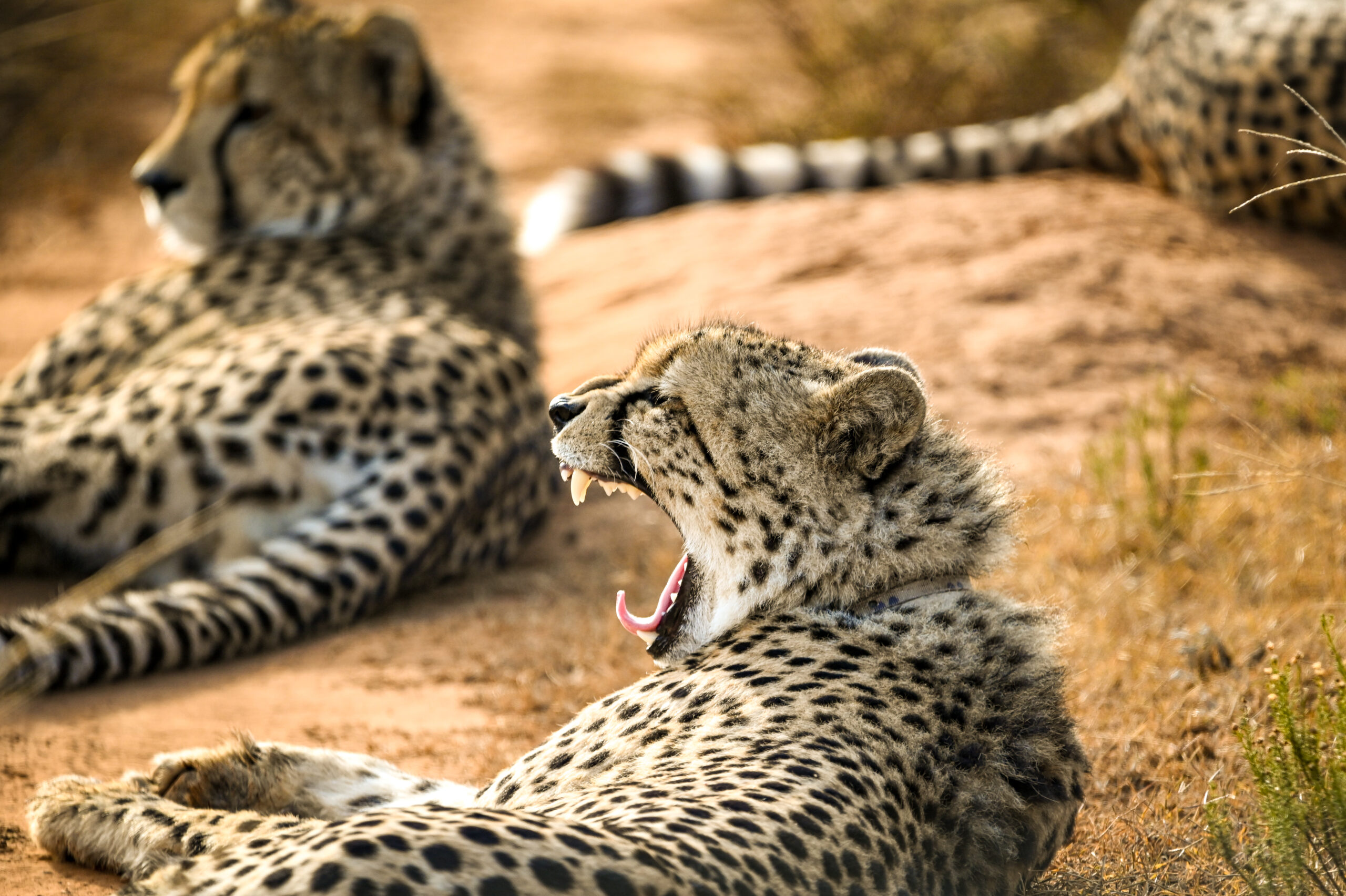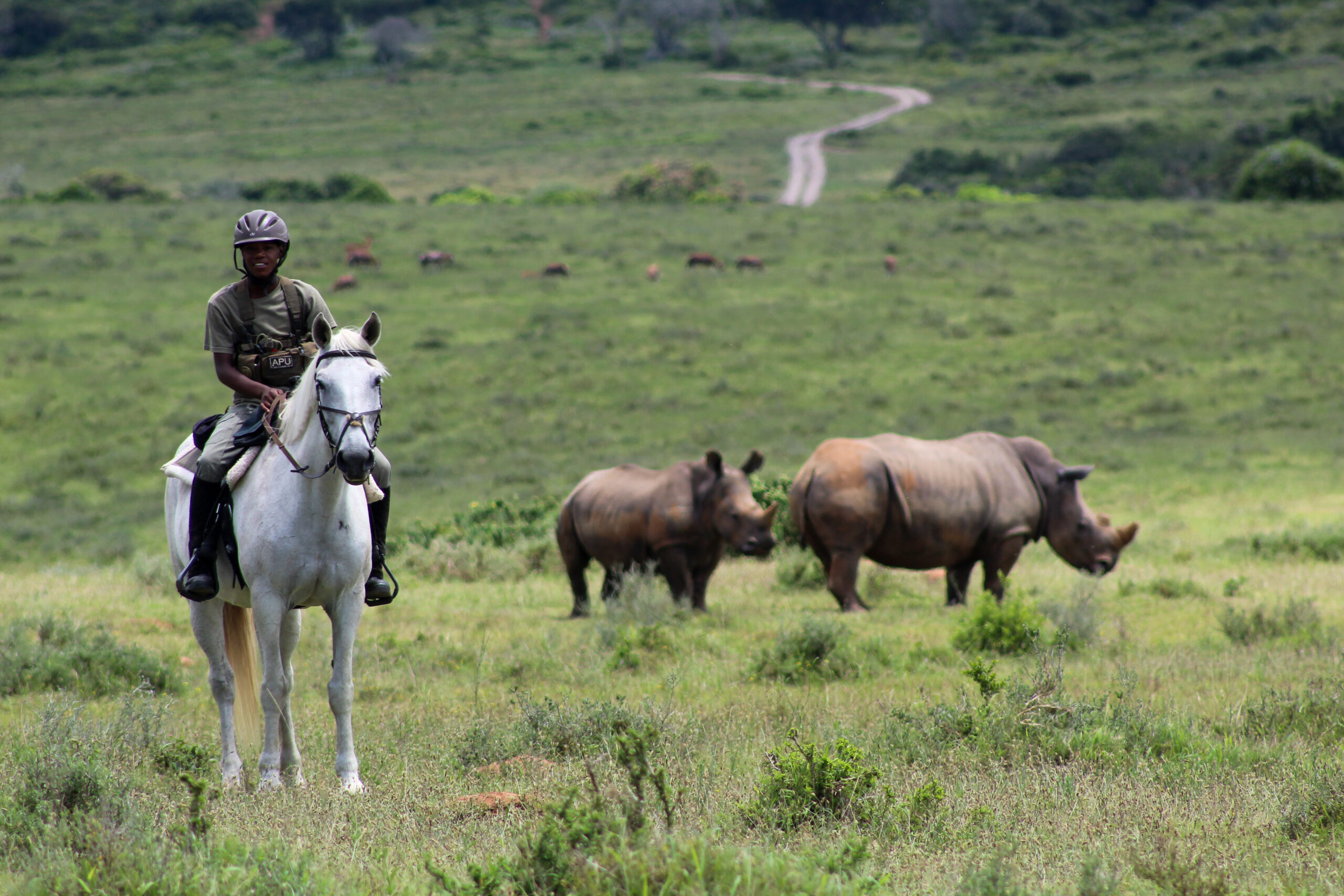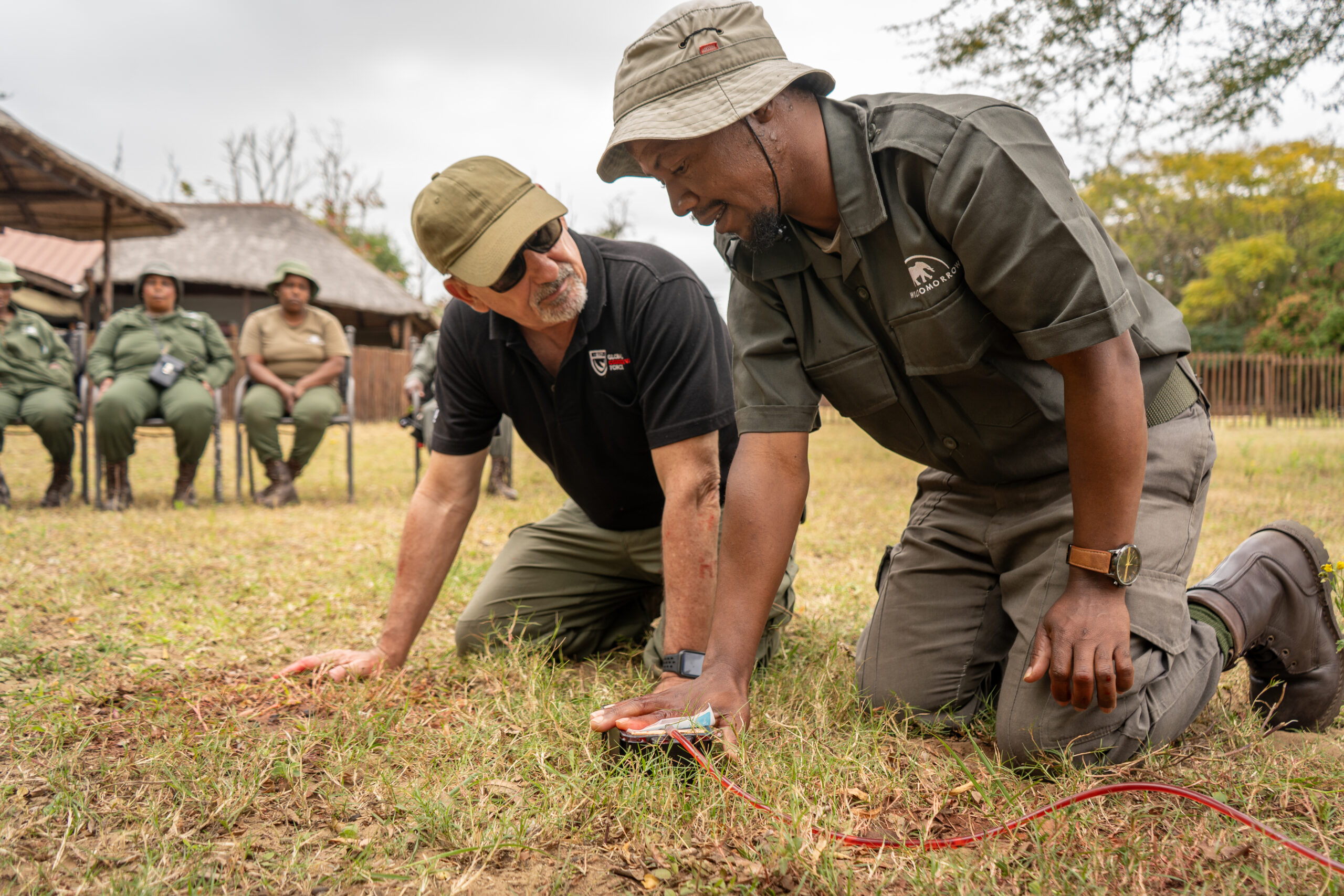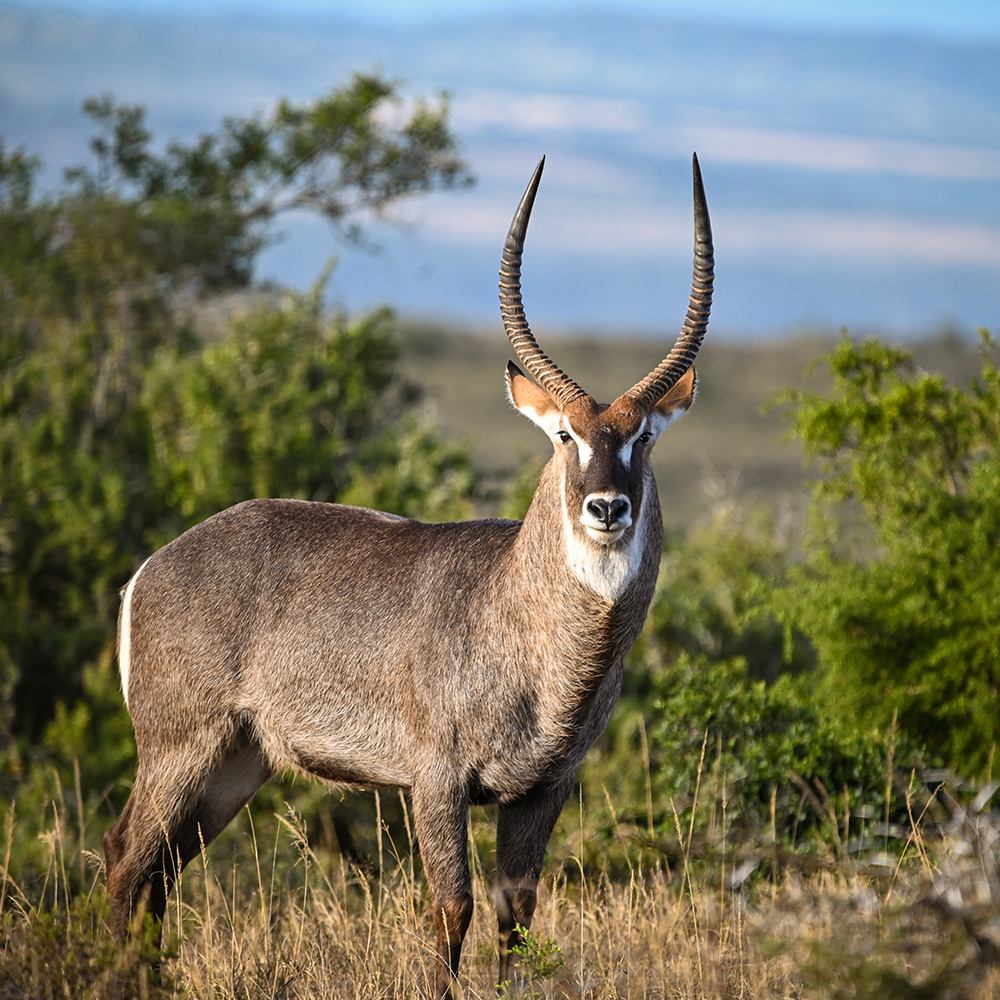World Elephant Day
World Elephant Day celebrates the largest terrestrial mammal on the planet, and brings awareness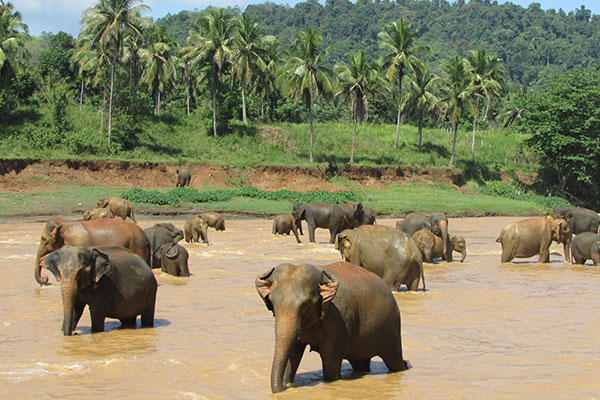 to their plight. Elephants are a keystone species, playing pivotal roles that affect their ecosystem. They are the architects of their landscape, clearing trees, maintaining grasslands, and creating opportunities for new plant growth. Elephants also excavate soil for water and minerals, and assist in seed dispersal. Moreover, elephants play an economic role affecting ecotourism.
to their plight. Elephants are a keystone species, playing pivotal roles that affect their ecosystem. They are the architects of their landscape, clearing trees, maintaining grasslands, and creating opportunities for new plant growth. Elephants also excavate soil for water and minerals, and assist in seed dispersal. Moreover, elephants play an economic role affecting ecotourism.
Once widespread, with populations covering the continents of Asia and Africa, elephants flourished in a variety of environments including forests and plains. With their hefty diet and nutritional needs, elephants require a large range in which they consume vegetation. Unfortunately, due to habitat loss, habitat degradation, and population fragmentation, both Asian and African elephant populations are in decline and human-elephant conflicts are on the rise. Additionally, elephants face another challenge: poaching for their tusks, meat, and hide.
As of 2008, the IUCN listed Asian elephants as Endangered for suffering at least a 50% population decline over the last 75 years. As of 2008, the IUCN listed African elephants as Vulnerable, but noted the difficulties in obtaining population counts due to the elephant’s considerable range and lack of visibility in their habitats. Both Asian and African elephants are currently protected under CITES Appendix I; with exceptions for African Elephants in four African countries, where they are protected under CITES Appendix II. Even with these protections, consumers continue to illegally purchase ivory and other wildlife trafficked items around the world, including in the United States.
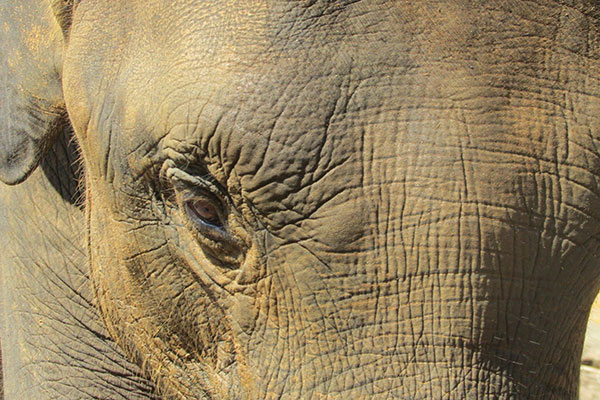
In 2014, CITES’ Monitoring the Illegal Killing of Elephants (MIKE) report confirmed elephant poaching rates continue to exceed natural elephant birth rates. TRAFFIC has been analyzing trafficking routes through the Elephant Trade Information System (ETIS), and has traced trafficking back to organized crime syndicates, with profits funding weapons, civil conflicts, and terrorism.
With persisting elephant poaching rates, Global Conservation Force supports anti-poaching units (APUs) with tactical gear and technology necessary for the APUs to do their job effectively. As the world celebrates World Elephant Day, learn more about the largest terrestrial mammal, their ecological importance, and the APUs who are working to protect them.
Photo Credit: Elise Newman
CONNECT
- P.O. Box 956 Oceanside, CA 92049
- info@globalconservationforce.com
- EIN 474499248
- Copyright 2024. All Rights Reserved. Powered by Wild Media.

